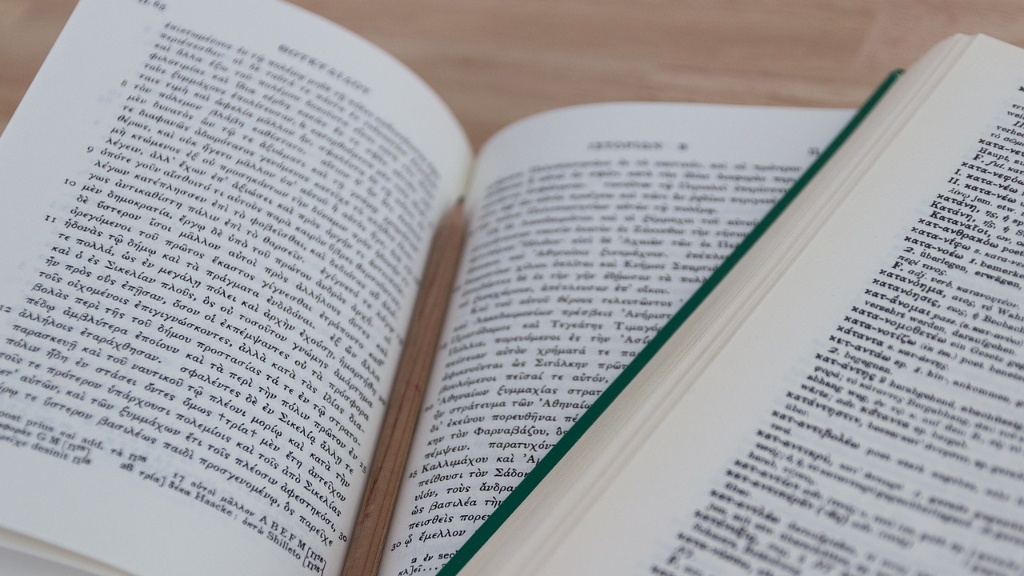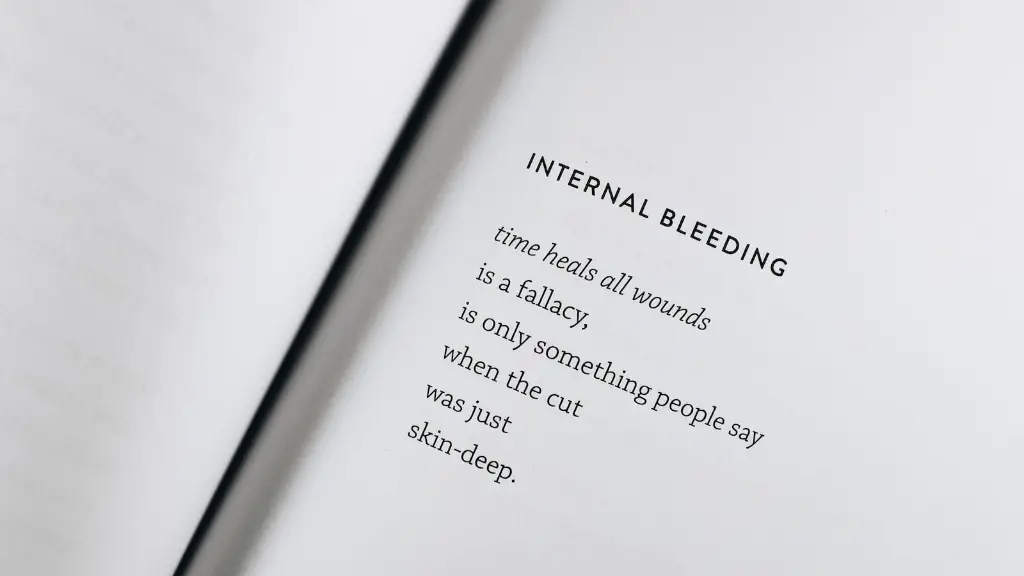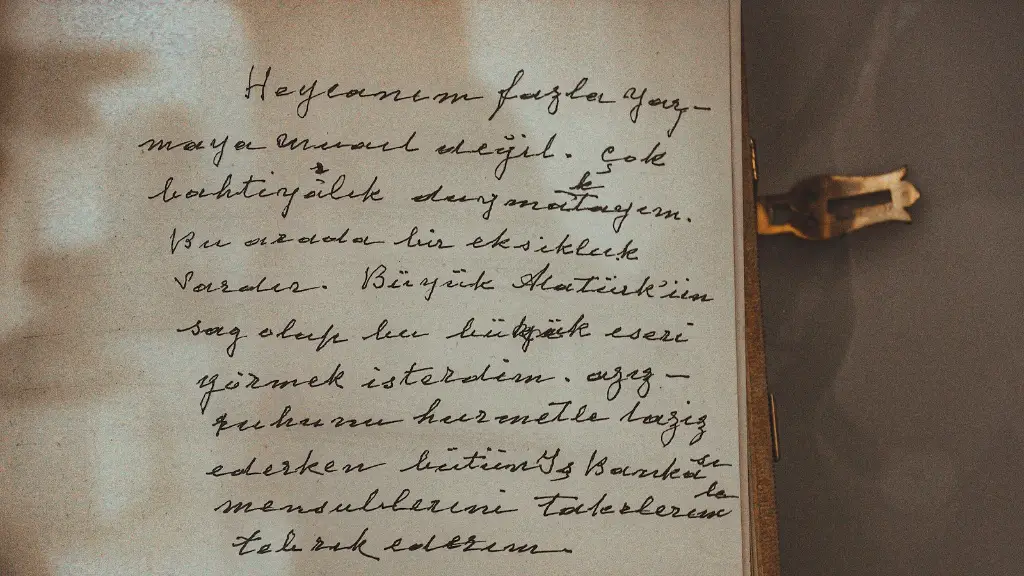In the Beginning
Poetry writing can be one of the most rewarding and creative activities a person can do. It is an age-old art form that can be both calming and stimulating, allowing you to express yourself in powerful, meaningful lyrics. When it comes to starting out, there are lots of things to consider. Before you dive in, it’s important to spend some quality time understanding the fundamentals of effective writing and practice reciting your work aloud.
Choosing a Genre
The first step in writing poetry is to decide which genre you want to focus on. Do you prefer writing sonnets, haikus, or traditional three-line poems? Each style of poetry has its own unique structure that requires its own creative approach. It’s important to understand the common elements and rules of each genre so you can express yourself properly. Once you’ve decided which type of poetry you want to write, it’s time to get started.
Think About Your Audience
The next step is to think about your audience. Who do you want to read and appreciate your work? Are you trying to target a specific demographic, or are you just writing for yourself? Knowing your target audience can help you refine your language and tailor your ideas so they can relate to you more easily.
Find Inspiration
Finding inspiration can be one of the most difficult parts of writing poetry. Fortunately, there are lots of great sources to draw from. Listen to music, read books, watch movies, or take a walk and observe the world around you. You can also turn to great authors for ideas, study their work, and see how they craft meaningful verses. Whatever you do, keep your eyes and ears open for new ideas and creative inspiration.
Practice Makes Perfect
Once you’ve chosen a genre, identified your target audience, and found some inspiration, it’s time to get writing. Don’t expect every word to be perfect; try to maintain a rough draft and come back to it later with a fresh set of eyes. Spending some time practicing and refining your work is essential in honing your craft. Drafting and redrafting can help you develop your skills and find your individual voice, so don’t be afraid to rewrite.
Seeking Criticism
Asking for feedback from friends and family is another great way to refine your work. Ask them to be honest, and don’t be discouraged if they provide negative criticism. Criticism can provide useful insight into how to improve your work and give your ideas a new perspective. It can also help you see your work through someone else’s eyes and help you identify what works and what doesn’t.
Considering Publication
Once you’ve written a few pieces and feel confident with your writing, you may want to consider submitting your work for publication. Many novice poets are intimidated by the idea of submitting their work for publishing, but it’s a great way to get your work out into the world and gain recognition. Submitting your work can also help refine your craft and give you additional insight into the publishing industry, which is always beneficial.
Social Media Engagement
Social media platforms are a great place to showcase your work and get feedback from like-minded people. If you’re feeling brave, you could even start your own blog or YouTube channel and share your work with the world. Engaging with other poets online is also a great way to find inspiration, as well as building a network of poets.
Writers Groups
Joining a writers group is another great way to refine your poetry writing skills. Sharing your work with a group of fellow writers can provide you with valuable insight and constructive criticism. They can also offer you feedback on ideas that you wouldn’t necessarily have considered. So, why not look for a writers group near you and get involved?
Finding Your Inner Voice
Poetry writing is an art form and an extension of yourself. It’s important to take the time to find your inner voice and express it honestly and openly. Don’t be afraid to be vulnerable and explore new and creative ways to write about your passions and experiences. This is the key to crafting truly unique and powerful pieces of poetry.
Workshops and Mentorships
If you’re serious about honing your craft, it’s worth considering a poetry workshop or joining a mentorship program. Learning from experienced poets and writers can provide invaluable information and knowledge. Poetry workshops are also a great place to interact with day-to-day poets who can motivate you to keep writing and pushing yourself.
Participating in Contests
Participating in poetry contests is another great way to find recognition and hone your skills. It can also lead to gaining exposure and connecting with other poets and creatives. Even if you don’t win, the experience of submitting your work and networking with other published poets is invaluable and can help you grow as a writer.
Formatting and Presentation
The way you format and present your work is almost as important as the words themselves. Poems are all about rhythm and flow, so be sure to pay attention to punctuation, signposting, and the overall presentation of your poem. By taking the time to perfect these elements, you can help your work shine and be the best it can be.
Markets, Events and Conferences
Once you feel confident with your work and want to start showcasing it to the world, it’s worth looking into opportunities such as markets, poetry readings, and conferences. Doing readings can help promote your work and give you a platform to express your voice, whilst also connecting you with a larger creative community. You can also look for anthologies, art magazines, and websites that accept poetry submissions and share your work with the world.
Creating Your Own Platform
If you want to give yourself greater control over how your work is presented, you could consider starting your own website or blog. This is a great way to showcase your work, advertise your accomplishments, and connect with people who have similar interests. It’s important to keep it engaging and up-to-date with fresh content, but the rewards of having your own personal platform should not be underestimated.
Conclusion
Writing poetry can be immensely satisfying. Whether you are reading your work aloud, publishing it online, or submitting it for publication, it can be a powerful way to express yourself. Taking the time to understand the fundamentals and practice your craft can make all the difference in crafting beautiful, meaningful pieces of work. So, what are you waiting for? Grab a pen and get writing!




